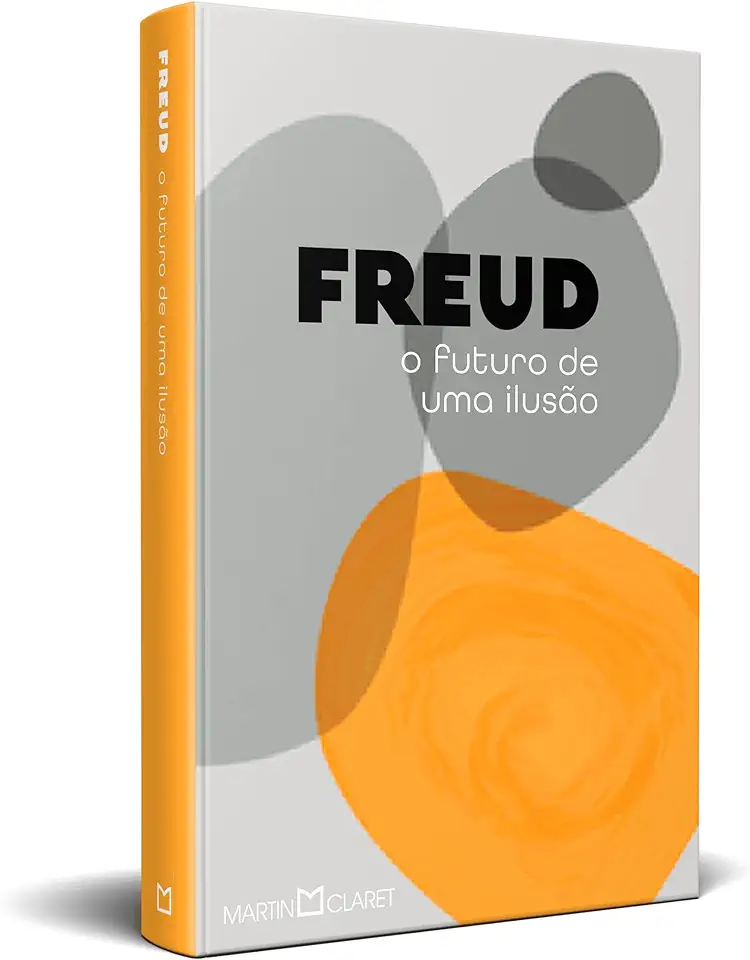
The Future of an Illusion - Sigmund Freud
The Future of an Illusion by Sigmund Freud: A Profound Exploration of Religion's Role in Human Society
In his groundbreaking work, "The Future of an Illusion," Sigmund Freud delves into the intricate relationship between religion and human civilization. With his characteristic brilliance and unwavering commitment to scientific inquiry, Freud presents a compelling analysis of the origins, functions, and future of religious beliefs. This book is a must-read for anyone seeking a deeper understanding of the human psyche, the nature of society, and the role of illusion in shaping our world.
Unraveling the Enigma of Religious Belief
Freud begins by examining the origins of religious beliefs, tracing their roots to the innate human need for comfort and security in the face of an uncertain and often hostile world. He argues that religion provides a sense of order and meaning in a chaotic universe, offering solace and hope to individuals confronted with the harsh realities of life.
Religion as an Illusion: A Controversial Perspective
Freud's central thesis posits that religion is an illusion, a product of human imagination and wishful thinking. He contends that religious beliefs are not based on rational evidence or empirical observation but rather on emotional needs and desires. Despite its controversial nature, Freud's perspective offers a unique lens through which to examine the role of religion in society and the human psyche.
The Psychological Functions of Religion
Freud explores the psychological functions of religion, highlighting its role in providing emotional comfort, fostering social cohesion, and instilling moral values. He argues that religion serves as a coping mechanism, helping individuals deal with anxiety, guilt, and the fear of death. Additionally, religion promotes social solidarity by creating a sense of shared beliefs and values within communities.
Religion and the Future of Civilization
Freud contemplates the future of religion in light of scientific advancements and the increasing secularization of society. He acknowledges the decline of religious influence in certain areas but also recognizes the enduring power of religious beliefs in many parts of the world. Freud's analysis raises important questions about the role of religion in shaping the future of human civilization.
A Profound and Thought-Provoking Masterpiece
"The Future of an Illusion" is a seminal work that has profoundly influenced our understanding of religion, psychology, and society. Freud's incisive analysis challenges conventional wisdom and invites readers to critically examine the role of illusion in human life. This book is a must-have for anyone interested in the intersection of psychology, philosophy, and the human condition.
Why You Should Read "The Future of an Illusion"
Unparalleled Insights into the Human Psyche: Freud's exploration of the psychological underpinnings of religious belief offers a unique perspective on the human mind and its intricate workings.
A Provocative Challenge to Conventional Thinking: Freud's controversial thesis challenges traditional notions of religion and encourages readers to critically evaluate their own beliefs and assumptions.
Historical and Cultural Significance: "The Future of an Illusion" has had a profound impact on the fields of psychology, sociology, and anthropology, shaping our understanding of religion's role in society.
A Timeless Classic: Despite its age, Freud's work remains relevant and thought-provoking, continuing to spark discussions and debates among scholars and laypeople alike.
A Must-Read for Intellectual Curiosity: "The Future of an Illusion" is an essential addition to the bookshelf of anyone interested in exploring the complexities of human nature, society, and the role of illusion in shaping our world.